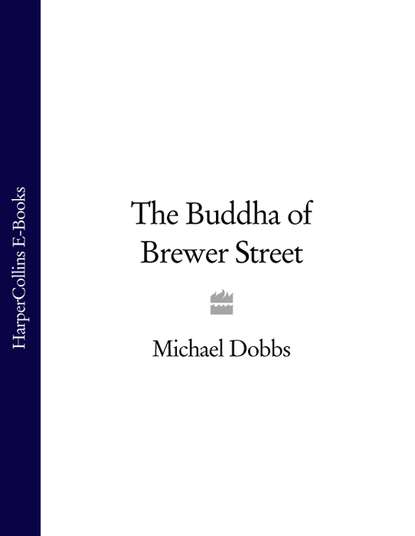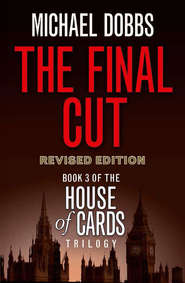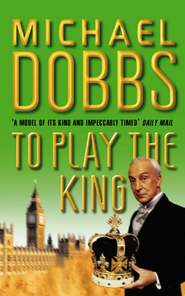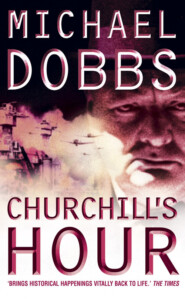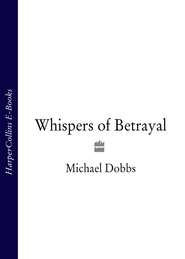По всем вопросам обращайтесь на: info@litportal.ru
(©) 2003-2024.
✖
The Buddha of Brewer Street
Автор
Год написания книги
2018
Настройки чтения
Размер шрифта
Высота строк
Поля
And he had waited.
They had set aside for him a small hut on the outskirts of the town normally used by monks on solitary retreat. Some of the monks stayed for three years – and what did three years matter in a whole succession of lifetimes? Kunga had waited only three days when, towards dusk, two guides had appeared and taken him onward, down the mountain a little. They hurried past groups of men haggling outside the taxi rank and tea shops. There were bright cafés full of tourists, and video huts where bootleg films were shown. The films were sent up from Delhi, some copied with hand-held cameras from the back of the cinema. You could see the picture shake, even see the audience leaving over the credits. This was McLeod Ganj as Kunga had never known it. He recognised little until they came to the holy way, where aged women walked at last light, wrapped in faded blankets, spinning their prayer wheels as they chanted mantras whose words hadn’t changed in a hundred lifetimes. But the guides lowered their eyes and scurried by. They were nervous and Kunga found their anxiety infectious. What did they have to fear? From old women at prayer?
It was now dark. A rock-strewn track led through the woods, the silence of night broken only by the cracking of pine twigs underfoot and the cry of a startled owl. A difficult passage by moonlight. He stumbled, fell badly, grazed his shin, but found willing hands to help him to his feet. Then at last they came upon a high stone wall, inset with a heavy wooden gate. Not the front way, with its guards and prying eyes, but a rear entrance that Kunga hadn’t known existed, even though once he had known this place well, almost as well as his own home.
And as the gate creaked and swung open, Kunga couldn’t restrain a soft cry of joy. For he was there. Waiting for him. The Dalai Lama. His Dalai Lama. Whom he hadn’t seen in more than twenty years.
Kunga began to prostrate himself on the rocky ground but the Lama reached out for him, ordered him to rise, and with unrestrained emotion they fell into each other’s arms. The Dalai Lama’s hands brushed over Kunga’s head and they touched foreheads, a greeting which did great honour to the monk. His senses were ablaze, Kunga felt as if he had been touched by the sun.
Only when the Lama’s fingers continued to brush around Kunga’s head, as though inspecting it for damage, did the truth dawn upon Kunga.
‘You … are blind?’
‘And you, my old friend, are bald!’ The Lama chuckled, although the customary humour sounded strangely forced. His hands fell to the monk’s lean frame. ‘Tell me, don’t they feed you in that monastery of yours?’
‘Enough. And more than many.’ A note of sorrow chilled their spirits.
‘How is my homeland, Kunga?’
‘Suffering.’
‘That will not last.’
‘Nothing lasts for ever.’
‘No, not for ever. Which is why I have summoned you. And the others – Gompo, and Yeshe. The three I trust most in this world.’ Gompo was the Dalai Lama’s representative in Geneva, and Yeshe his former private secretary who had only recently completed a lengthy solitary retreat at a monastery in the south.
‘These are times of many lies, Kunga. And many enemies,’ the Dalai Lama continued. ‘I am blind and can no longer see into men’s eyes, or tell what is in their hearts. I must be certain of those around me if we are to succeed in the task ahead.’
‘And what task is that?’ Kunga had asked.
‘To help me die …’
Outside the cave, Lobsang grew frightened. ‘Are you sure? That he’s dying?’
‘Oh, yes.’
Lobsang let forth an involuntary sob.
‘Don’t despair, little friend. It was his will. He told me himself. He decided the time had come.’
‘You … knew him?’ Lobsang enquired, embarrassed to use the past tense.
‘Long before you were born. For many years I was his translator and adviser. And also his friend.’
‘But he looks so … alive,’ Lobsang exclaimed. He knew that death was corruption, rotten flesh, decay. Yet the Dalai Lama looked as if he were simply asleep.
‘Great Lamas don’t die like the rest. They pass on. Their spirit leaves their body so gently that the body barely notices. So it doesn’t decay, not for a long time.’
Lobsang was gripping the monk’s hand for comfort, too distressed to notice that it was little more than a formless mass of bone and skin.
‘Remember that in death there is always new life. And new hope. The spirit is reborn in a new body,’ Kunga encouraged – just as the Dalai Lama had encouraged them, the three he had gathered together. He had explained his purpose the following day as they sat in his garden, a garden that he himself had planned and planted, a place where they could be overheard only by the birds and the Lama’s favourite cats.
‘My task is simple, my friends. To die. There is nothing simpler. But your task will be far more hazardous. Your task is to live. If you can. To ensure that my rebirth is safeguarded, to seek out and protect my incarnation.’ His voice tightened in sadness, as though a screw were being turned within. ‘In that search you will encounter many dangers. And great pain. You may come to envy the peace with which I shall pass from this life.’
The Searchers had argued with him, passionately, and with more than a little fear.
‘We want to serve you alive, not dead.’
‘Without you – we’re lost.’
‘And without you Tibet is lost!’
‘More than ever we need you …’
Until at last he had grown exasperated. ‘No more! Enough!’ The Lama raised his voice, a rare event, his passion more than a match for theirs. The cats scattered in alarm.
‘Listen to me. For a thousand years in Tibet we hid behind the great walls of the Himalayas. Untouched – but also untouching.
We guarded our truths selfishly, reluctant to share them. Yet look around. Our world has more wickedness than it has ever known. The people suffer. They need us.’
‘So does Tibet,’ Gompo responded defiantly.
The Lama raised his hand and pointed beyond the mountains, his voice burning with emotion. ‘Our Tibet, that ancient homeland we loved, is no more. It is gone. Perhaps for all time.’
He challenged them to deny it, but no one spoke. What was the point? Hope might spring eternal yet it had no more strength than a summer breeze. And the People’s Liberation Army wasn’t going to be blown away by a puff of wind.
‘We can’t go back, not to the way things were. But Tibet is more than just mountains and monasteries. It is a faith, a way of life.’
‘And of death?’
‘Think of our exile as an opportunity. A chance to send down new roots, to find new strength. And think of my death as a new beginning, not just for me but for all our people.’
‘A new beginning? For that we need an army!’
‘Perhaps there is another way. A way in which Chinese and Tibetan can be brought together, not in confrontation, but in reconciliation.’
‘Reconciliation? How?’ demanded Gompo, as ever sceptical.
‘Reconciliation … through reincarnation!’
The Lama had laughed, a deep booming drum of hope. And cautiously the cats had begun to creep back …
Now, as Kunga stared into the shadows of the cave, where the Dalai Lama had taken himself to meditate and to die, he struggled hard to recapture the Lama’s optimism. Beside him Lobsang began to shiver.
‘Don’t be afraid,’ Kunga encouraged, placing an arm around the boy’s shoulders.
‘It is the end.’ Lobsang’s voice was mournful.





